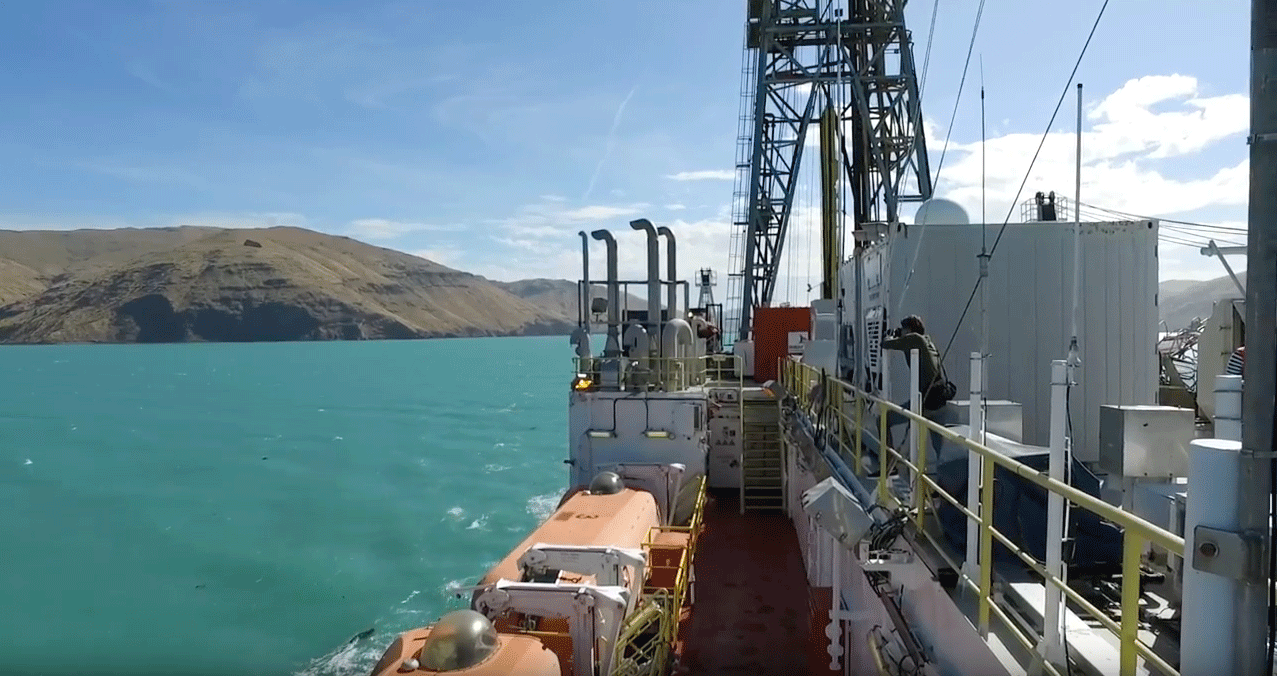
Date:
What’s the story?
This month, the Joides Resolution, an IODP (International Ocean Discovery Program) scientific research vessel, arrived at its icy destination in the Ross Sea, West Antarctica. Expedition 374 will collect and rigorously analyze ocean sediments lain down over the past 15 to 20 million years, a timespan covering major swings in climatic conditions. Studying the rich paleoclimate archive contained in these sediments will help scientists understand just how sensitive the West Antarctic Ice Sheet is to climate change.
Why is this important?
The West Antarctic Ice Sheet is changing rapidly in response to warming temperatures in the ocean and atmosphere, and is purging ice in several regions – how much will that ice mass loss contribute to global sea level rise? Scientists have confidently established that the ice sheet contains about 10 feet of sea level rise equivalent, but the rate of its potential contribution to future sea level rise is deeply uncertain. (This is due to extremely complex and interlinked ice, ocean, and atmospheric dynamics.) Paleoclimate records help to constrain those estimates, by placing tighter bounds on ice sheet behavior. If we can understand how the climate and ice sheets co-evolved before, we can predict those changes with greater confidence in the future. In this way, the past is a key to the future.
Why am I excited about this project?
The crew of the Joides Resolution is a big, diverse crew with specialists from many nations, at all different stages of their careers. Opportunities for concerted, international scientific collaboration like this are rare -- IODP cruises are scientific gold mines! Meet the crew, and watch as they begin to analyze marine sediment samples dating back 16 million years, in this video from the expedition:
You can keep up to date on Expedition 374 with this frequently updated blog from the Joides Resolution.


